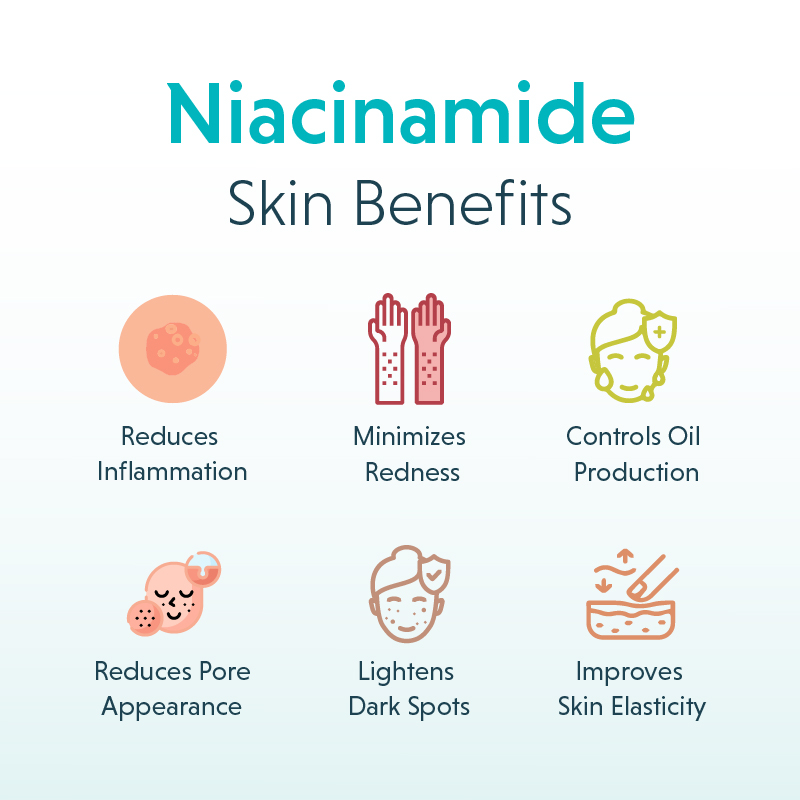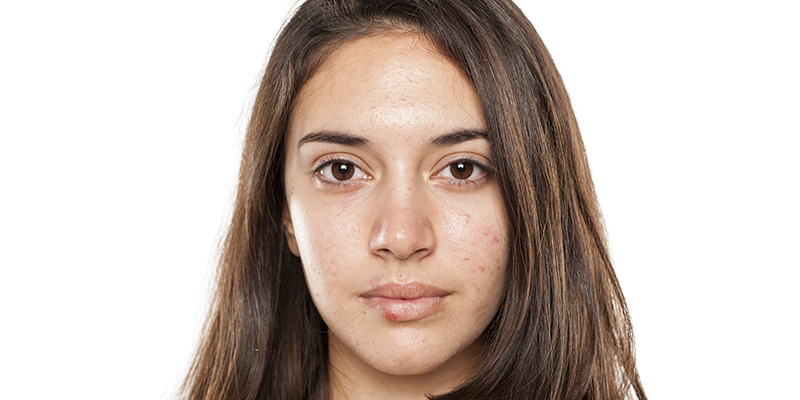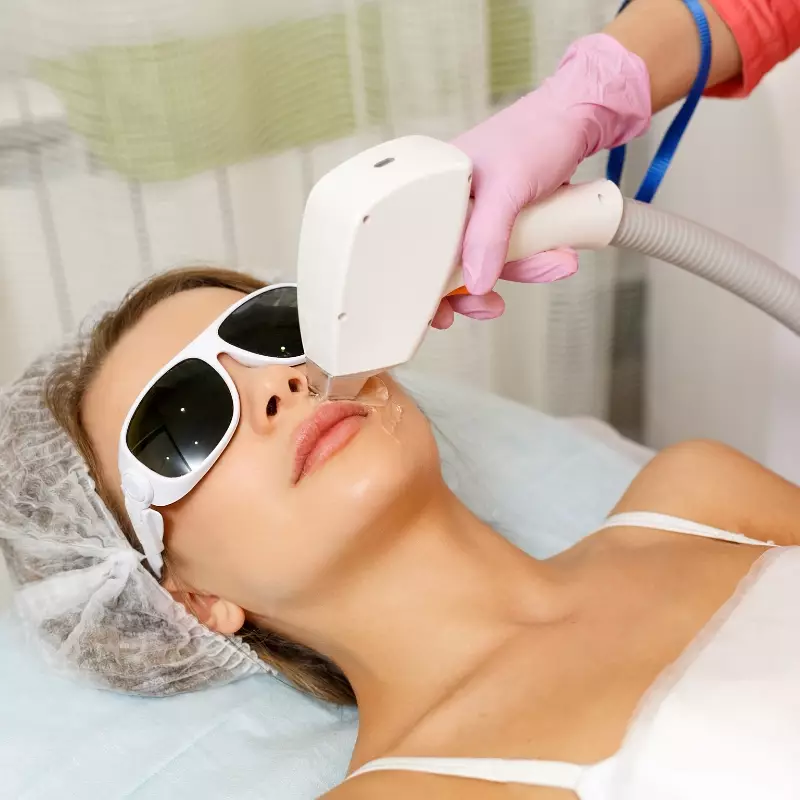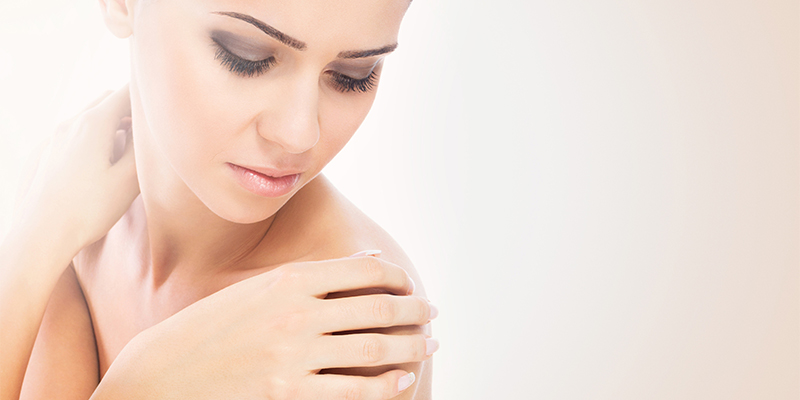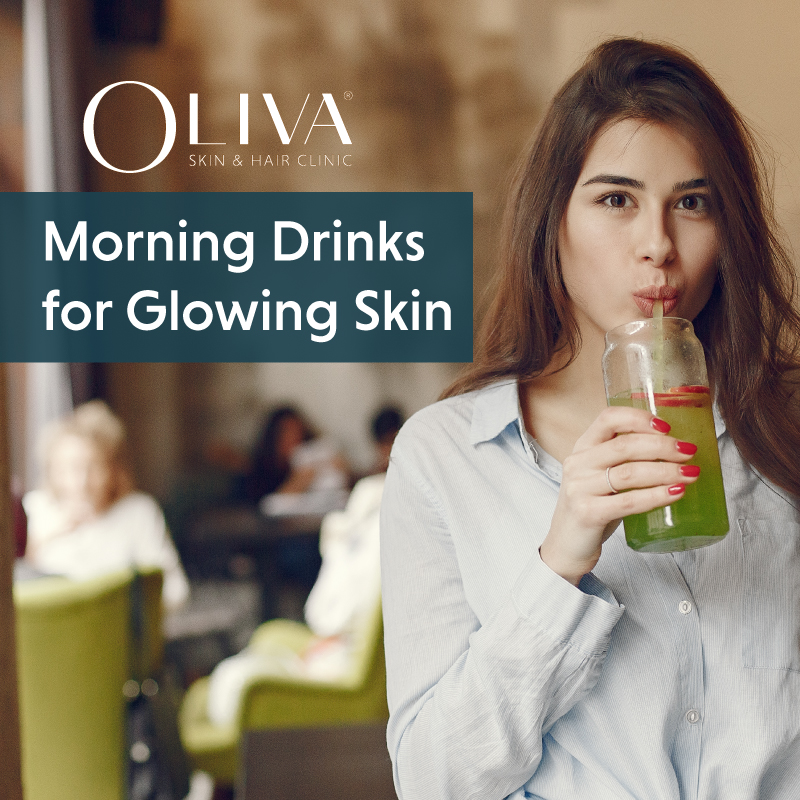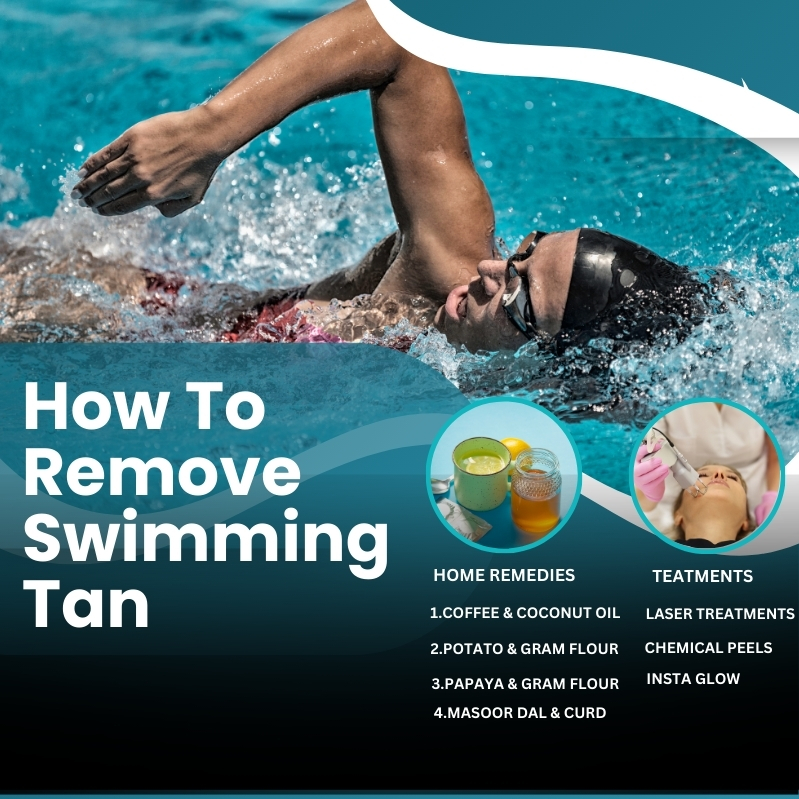Niacinamide Uses For Skin: Benefits & Side Effects
With trending reels and Tikoks talking about niacinamide, it may seem like the latest skincare fad. But did you know that it has been a popular ingredient known for the multiple skincare benefits it offers since the 1970s? Since then, people have extensively used it in several skin care formulations to target a variety of concerns like pigmentation, blackheads, enlarged pores, suntan, ageing signs and more. This article explains the uses of niacinamide, how it works, and niacinamide benefits for skin and its side effects.
What Is Niacinamide?
A form of vitamin B3, niacinamide is a multipurpose skin-boosting ingredient is an essential nutrient. Also known as nicotinamide, it is a water-soluble vitamin that supports healthy cell function and metabolism. Recently, several skincare brands have been including niacinamide as it is effective in maintaining skin health with its brightening and anti-ageing properties.[1]
How Niacinamide Works On Skin?
Niacinamide works on the cellular level, enhancing the skin’s natural lipid barrier to minimise moisture loss, boosting hydration and protecting the skin against foreign entities like pathogens. It also helps maintain youthful skin.
Its antioxidant properties help reduce inflammation and redness. Niacinamide also enhances keratin production in the skin cells, the protein that helps maintain skin health and firmness.[2]
Niacinamide Uses For Skin
Here is a detailed explanation of the many niacinamide benefits:
-
Reduces Acne & Inflammation:
Niacinamide helps regulate excess sebum production and keeps the pores clean. This prevents clogging of pores thus reducing acne flareups. It also brings down the likelihood of acne-causing bacteria multiplying within the pores, thus keeping acne at bay.[3] Its anti-inflammatory properties also aid in reducing swelling associated with acne.
-
Minimises Acne Scars:
Niacinamide has anti-inflammatory properties that help reduce swelling and redness. It also aids the production of collagen and thus helps minimise acne scars over time.
-
Reduces Pore Appearance:
Clearing skin pores helps keep bacteria and pathogens at bay. This helps in reducing the appearance of enlarged pores over time.
-
Addresses Redness & Rosacea:
Rosacea is a facial condition characterised by redness and inflammation on the skin. Niacinamide helps reduce rosacea, making the skin flawless. It also reduces skin irritation and damage.
-
Lightens Hyperpigmentation:
Niacinamide reduces hyperpigmentation by clearing the excessive melanin pigment in the skin. It also reduces the production of melanin, which helps maintain even-toned skin. It clears dark spots and pigmentation from acne or any other trauma to the skin.
-
Fights Ageing Signs:
Niacinamide is a powerful antioxidant that has anti-ageing properties. It stimulates the production of collagen and elastin proteins in the skin, resulting in firm and plump skin. By improving skin elasticity, giving you youthful and firm skin,[4] while reducing fine lines and wrinkles.
-
Protects Against Sun Damage:
Niacinamide has antioxidant properties that help reverse UV damage from the sun’s harmful UVA rays. Regular usage helps reduce sunspots as well. It also protects the skin against environmental and sun damage and [5] boosts your skin’s immunity.
-
Improves Skin Barrier Function:
A strong skin barrier is essential for healthy skin. Niacinamide boosts the production of lipids and ceramides in the cells which prevents moisture loss. This also helps prevent dryness and improves skin hydration, and retains a healthy skin barrier.
-
Enhances Overall Skin Health:
Niacinamide also supports the immune system to maintain overall skin health. It promotes healthy skin barrier, reduces inflammation, improves sebum regulation and cell function, boosts collagen production, reduces hyperpigmentation and more.
-
Naturally Repairs The Skin:
Niacinamide is a water-soluble vitamin with powerful antioxidant properties. It can undo damage caused to the skin by environmental factors and UV radiation. By reducing oxidative stress on the skin cells, niacinamide helps support the skin’s natural repair and optimal function.
How To Use Niacinamide?
Adding niacinamide to your daily skincare routine is simple. Here is how you can do it and get maximum benefits:
- Start with a gentle cleanser that does not dry out your face. Pat your skin dry and then apply the niacinamide serum.
- After your skin absorbs the serum, follow it up with a moisturiser.
- Another option is to use a niacinamide-based moisturiser. If you use this, massage it thoroughly into the skin.
- Wait a few minutes and then seal it off with a high-SPF sunscreen.
Niacinamide Side Effects
In general, niacinamide is safe and tolerated well by most skin types. Just like any other ingredient, niacinamide may give some side effects or adverse reactions in some cases. Here is a list of a few side effects from niacinamide that you need to be cautious about:
-
Redness:
In some cases, niacinamide may result in redness, usually seen as flushing around the nose and mouth areas.
-
Allergic Reactions:
Niacinamide can trigger allergic reactions in people prone to allergies.
-
Burning Sensation:
In rare cases, niacinamide may cause a burning sensation on the skin, often leading to dermatitis.
-
Itching:
Excessive use of niacinamide may result in a stinging or itching sensation on the skin.
-
Skin Irritation:
In people with sensitive skin types, niacinamide may cause skin irritation. It may result from applying too much of it, so exercise caution.
Takeaway
Niacinamide is a versatile skincare ingredient, which plays an important role in cell function and maintaining optimal skin health. While it is safe, we recommend you to consult a dermatologist before using it in the prescribed concentration.
📞Talk to your dermatologist about all your skin concerns before taking niacinamide so you can use it appropriately and benefit from it.
Frequently Asked Questions On Niacinamide
What Does Niacinamide Do For Your Skin?
Niacinamide is a potent antioxidant with anti-inflammatory, anti-ageing, and brightening properties. It helps improve complexion, boost hydration, and protect skin from environmental damage.
Who Can Use Niacinamide?
Niacinamide is ideal for most skin types, including sensitive skin, to address multiple skin concerns like acne, pigmentation and ageing.
Who Should Avoid Using Niacinamide?
Those who are prone to allergies and people with certain health conditions like gallbladder disease must avoid using niacinamide.
Niacinamide Vs Hyaluronic Acid
Both niacinamide and hyaluronic acid boost skin hydration. However, niacinamide suits those with acne-prone skin and enlarged pores better.
Niacinamide Vs Glycolic Acid
Niacinamide helps boost hydration and reduce acne and signs of ageing. Glycolic acid, on the other hand, helps gently exfoliate the skin to improve skin texture.
Can We Use Azelaic Acid And Niacinamide Together?
Yes, you can use azelaic acid and niacinamide together as they enhance each other’s benefits.
What Is The Difference Between Nicotinamide And Niacinamide?
Nicotinamide and niacinamide are the same name for a form of vitamin B3.
Does Niacinamide Cause Purging?
No, niacinamide does not cause purging as it does not increase cell regeneration.
Is Niacinamide Good For Dry Skin?
Yes, niacinamide is suitable for dry skin as it helps the skin retain moisture and prevent water loss.
Is Niacinamide Good For Oily Skin?
Yes, niacinamide is good for oily skin as it helps regulate sebum production and prevents acne.
Does Niacinamide Lighten Skin?
Yes, niacinamide helps reduce pigmentation and thus lightens the skin tone.
Can We Use Niacinamide And Tretinoin Together?
Yes, you can use niacinamide and tretinoin together. Niacinamide counteracts the side effects of tretinoin on the skin.
Can We Use Niacinamide And Benzoyl Peroxide Together?
Yes, you can use niacinamide and benzoyl peroxide together for mild to moderate acne.
Is Niacinamide Good For Sensitive Skin?
Yes, niacinamide is non-irritating and can be helpful for sensitive skin for its anti-inflammatory properties.
Can We Use Lactic Acid And Niacinamide Together?
Yes, you can use them together, but be cautious. It is best to consult a dermatologist.
Do I Need A Moisturiser After Niacinamide?
Yes, the moisturiser will help seal all the nutrients and antioxidants into the skin.
How Long Does Niacinamide Take To Work?
When used daily, niacinamide takes two to four weeks to show results.
Can Niacinamide Clear Skin?
Yes, niacinamide is a powerful antioxidant that helps clear pigmentation and gives flawless skin.
Does Niacinamide Remove Dark Spots?
Yes, niacinamide helps in lightening dark spots.


